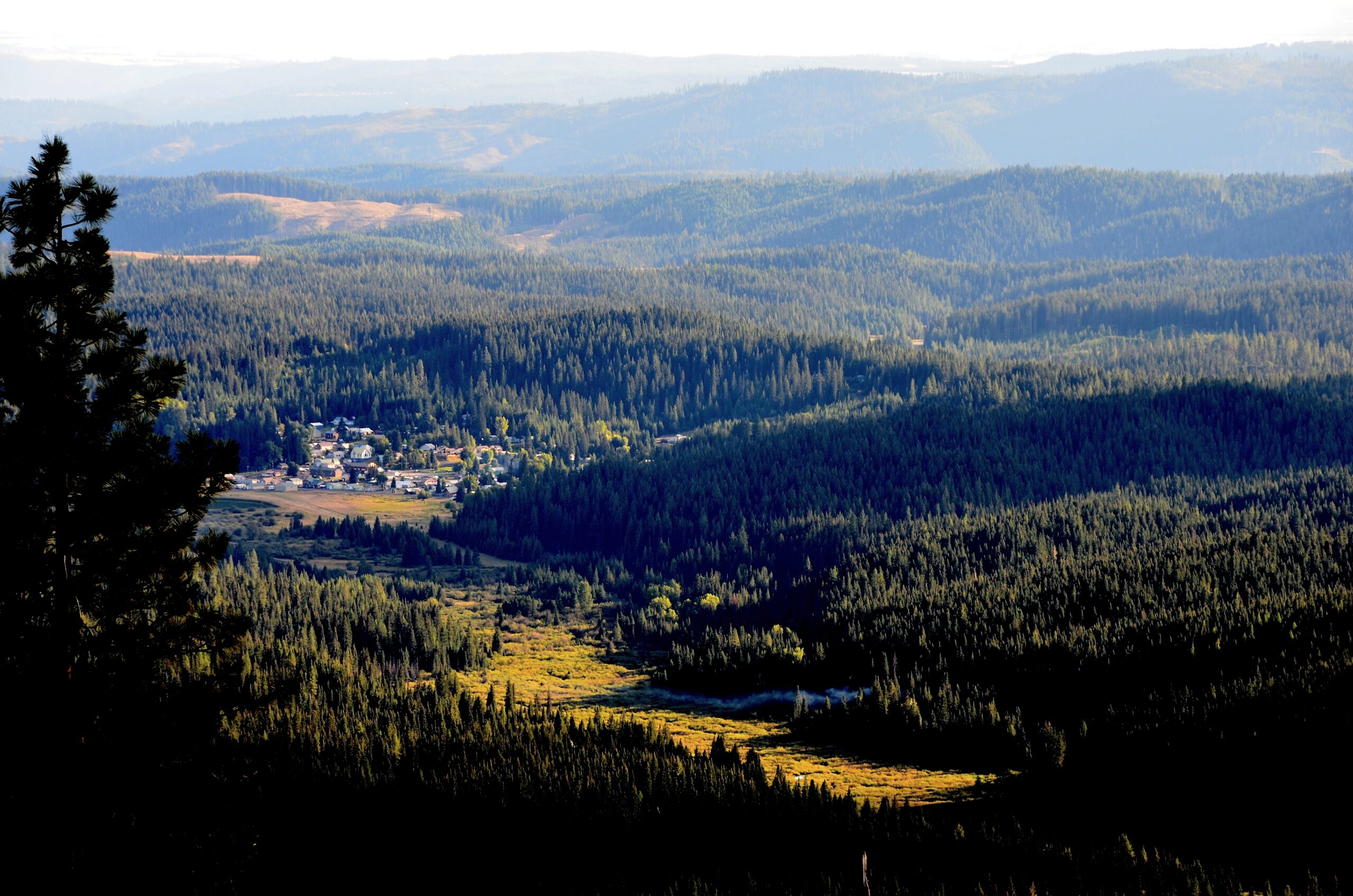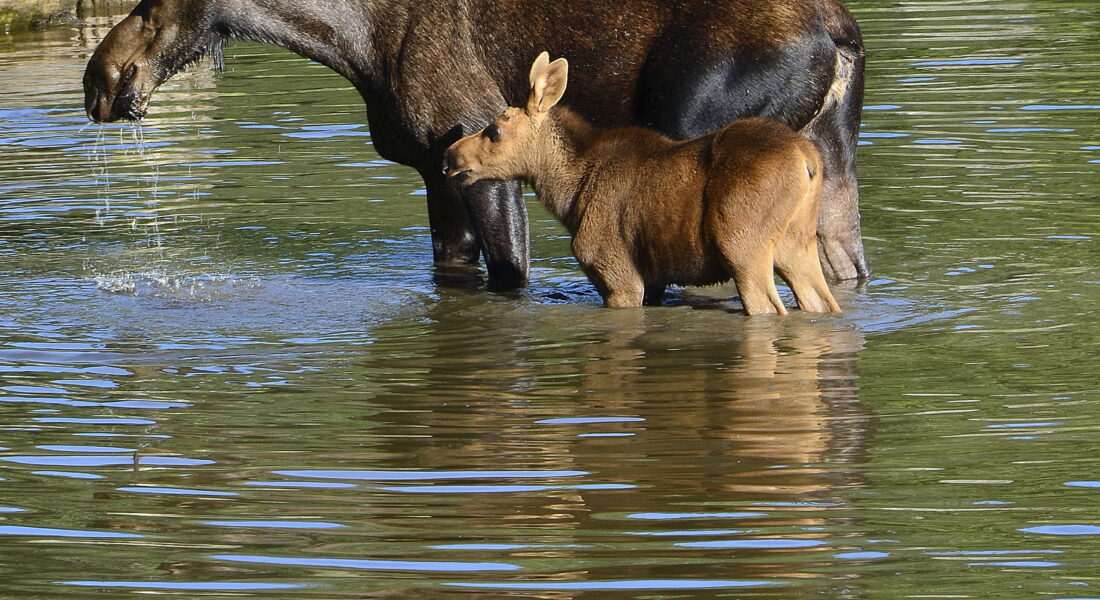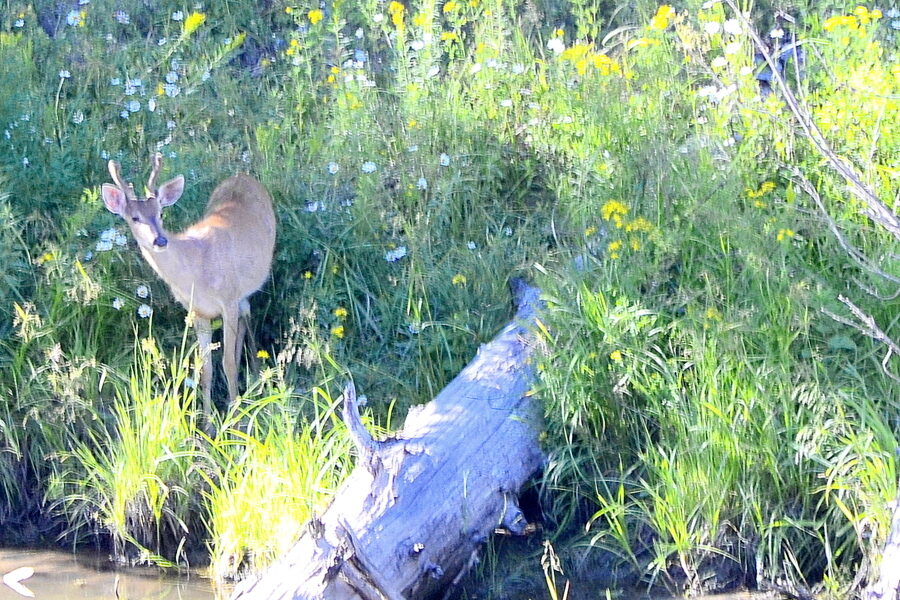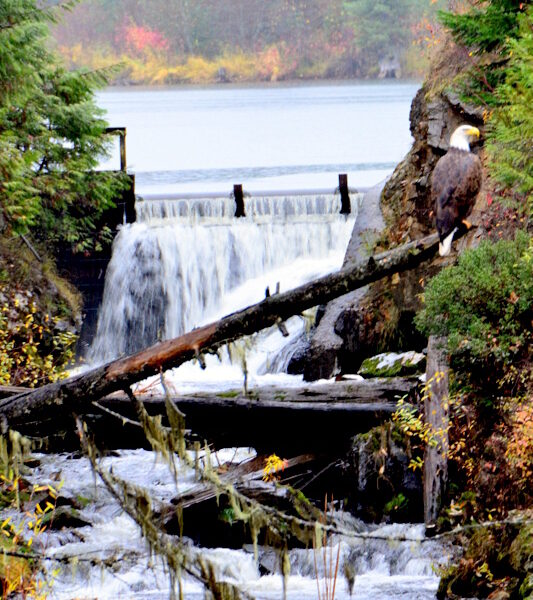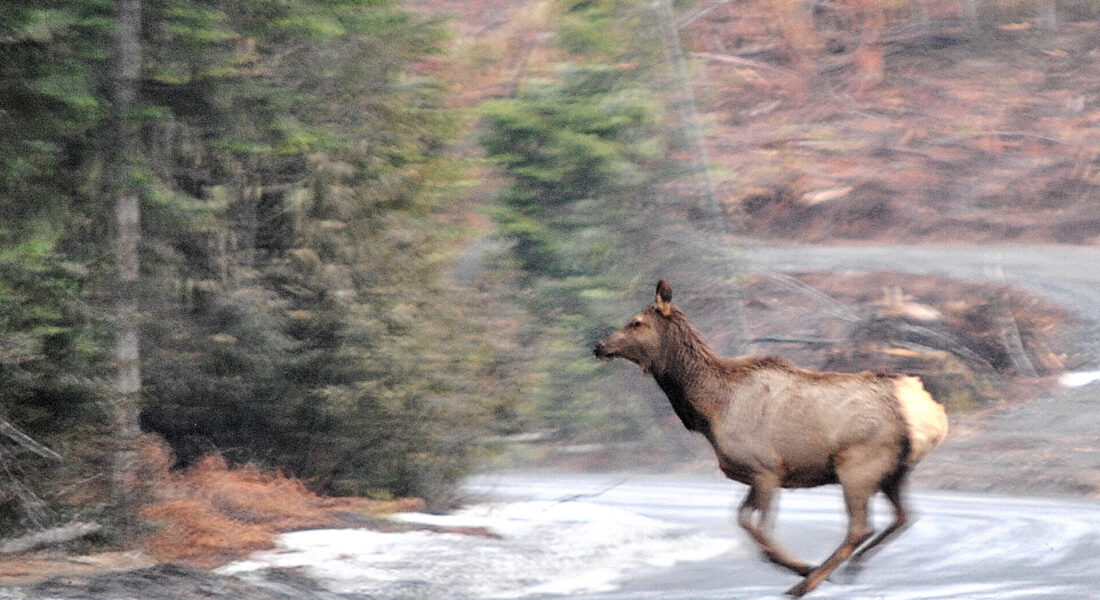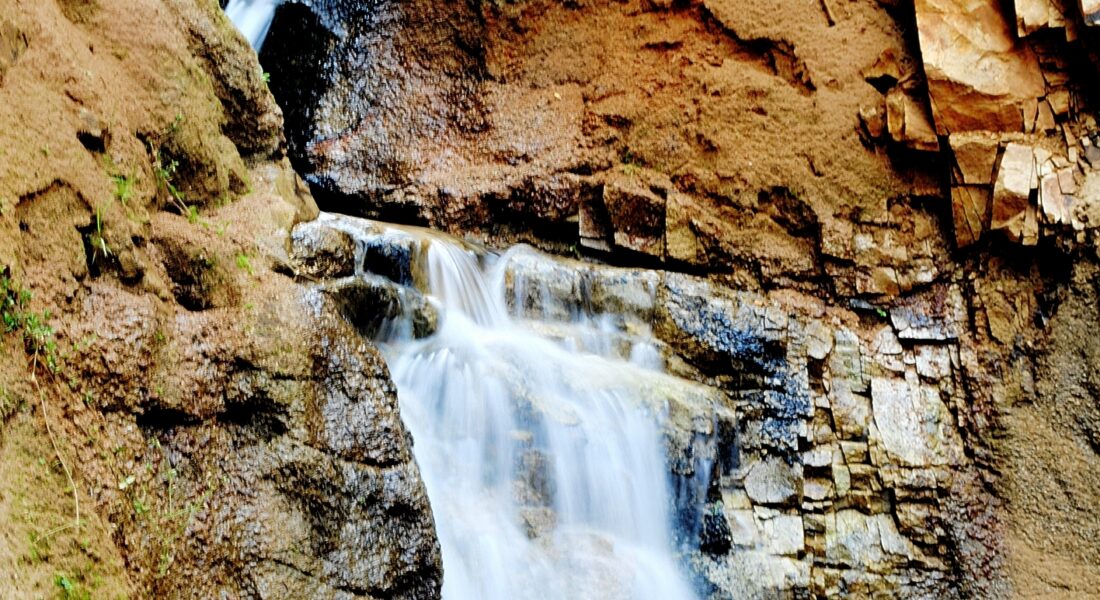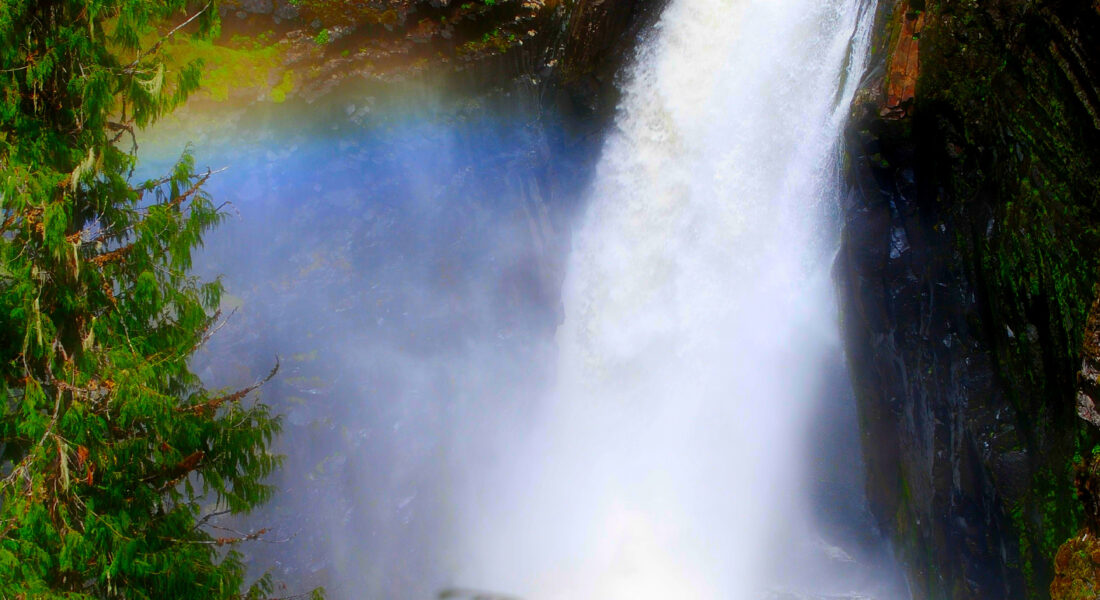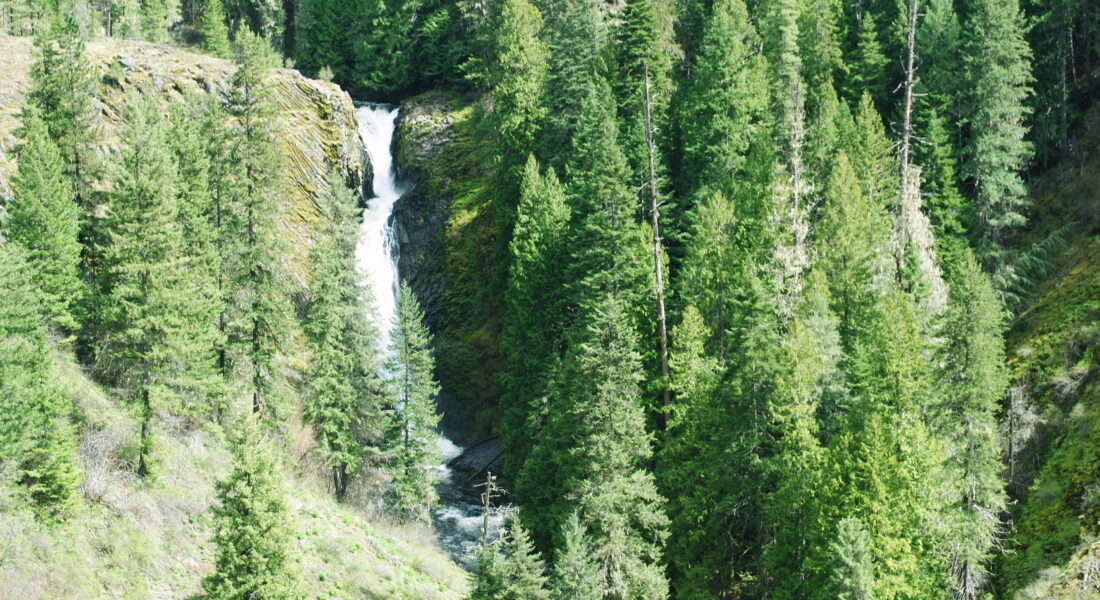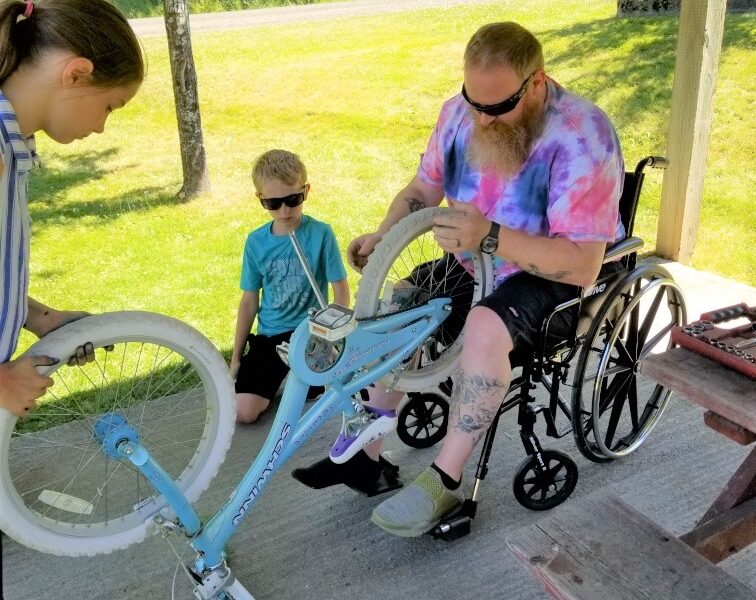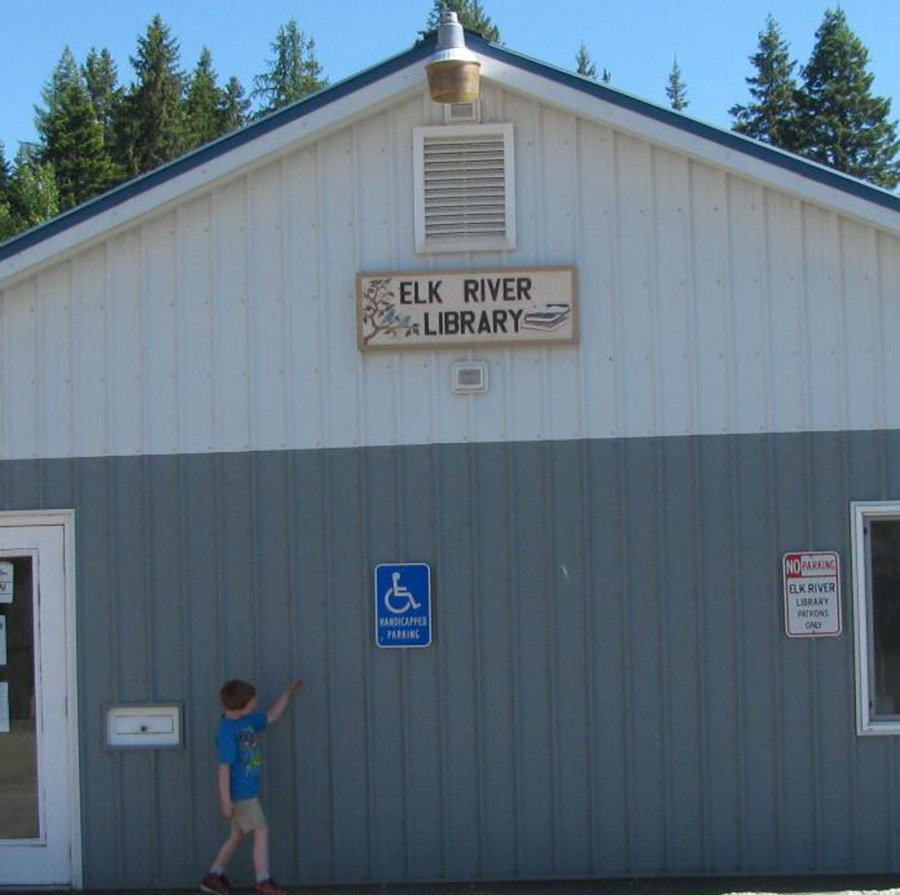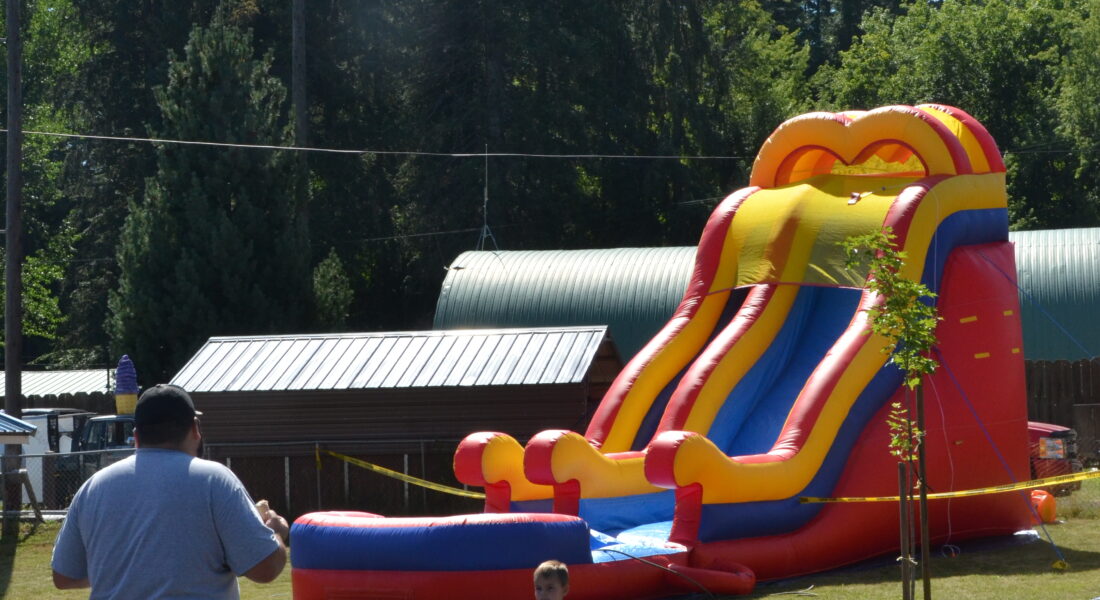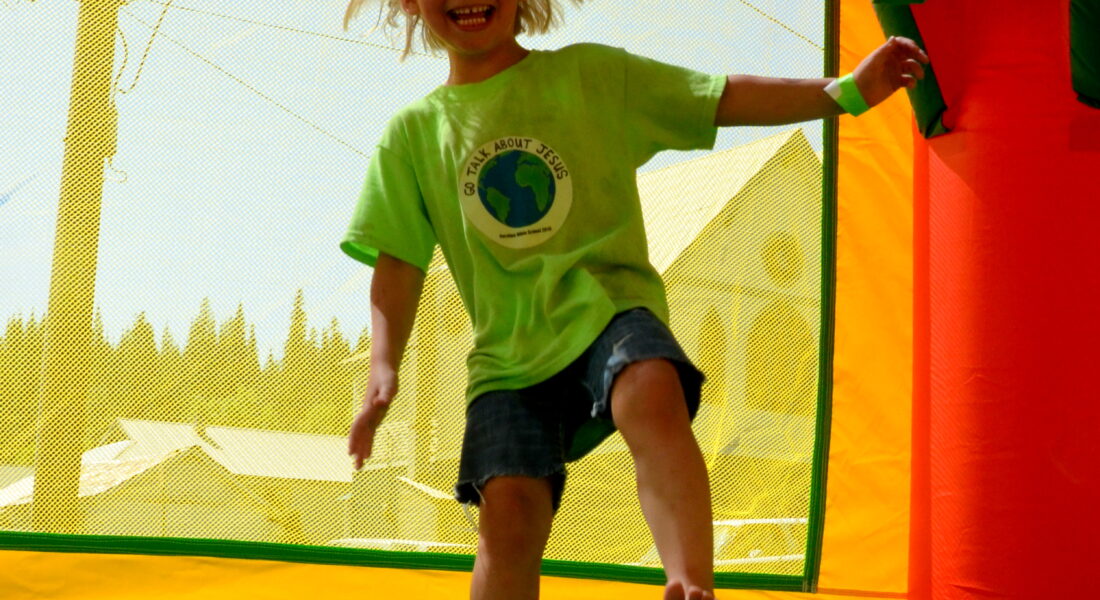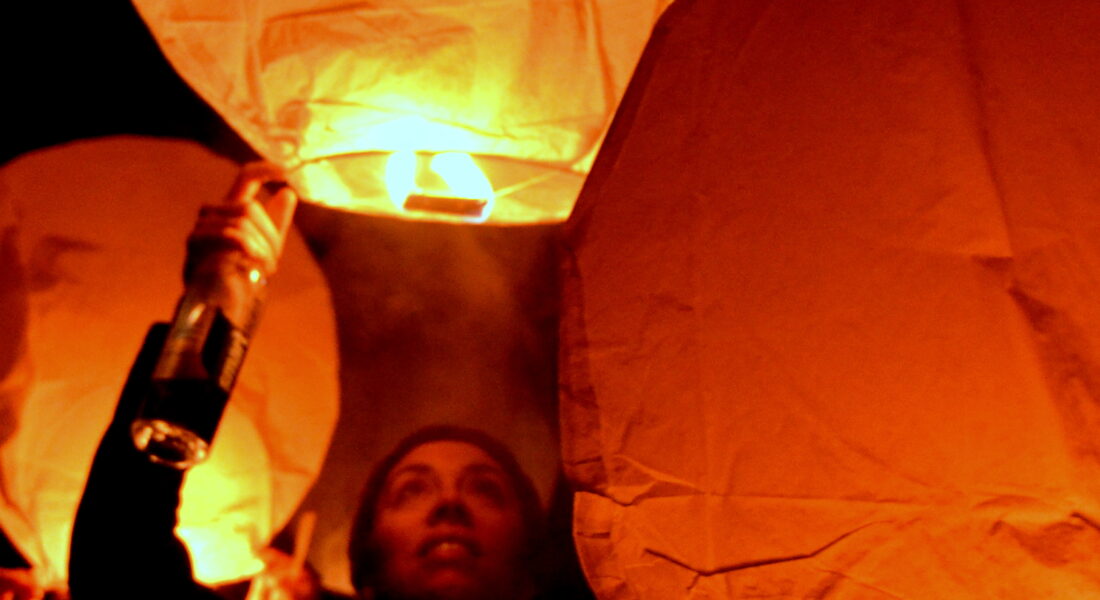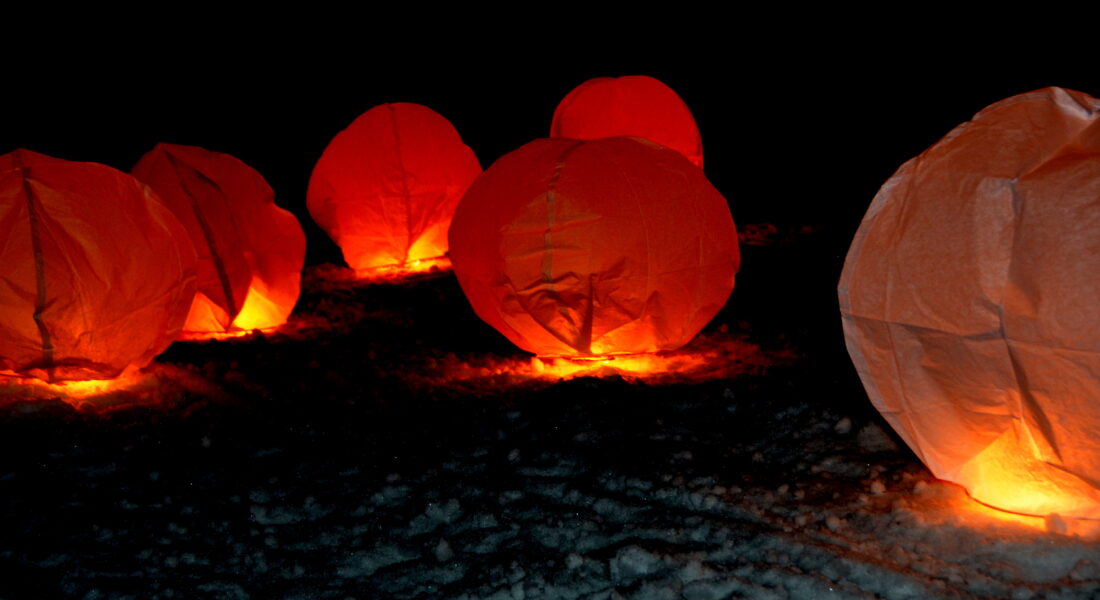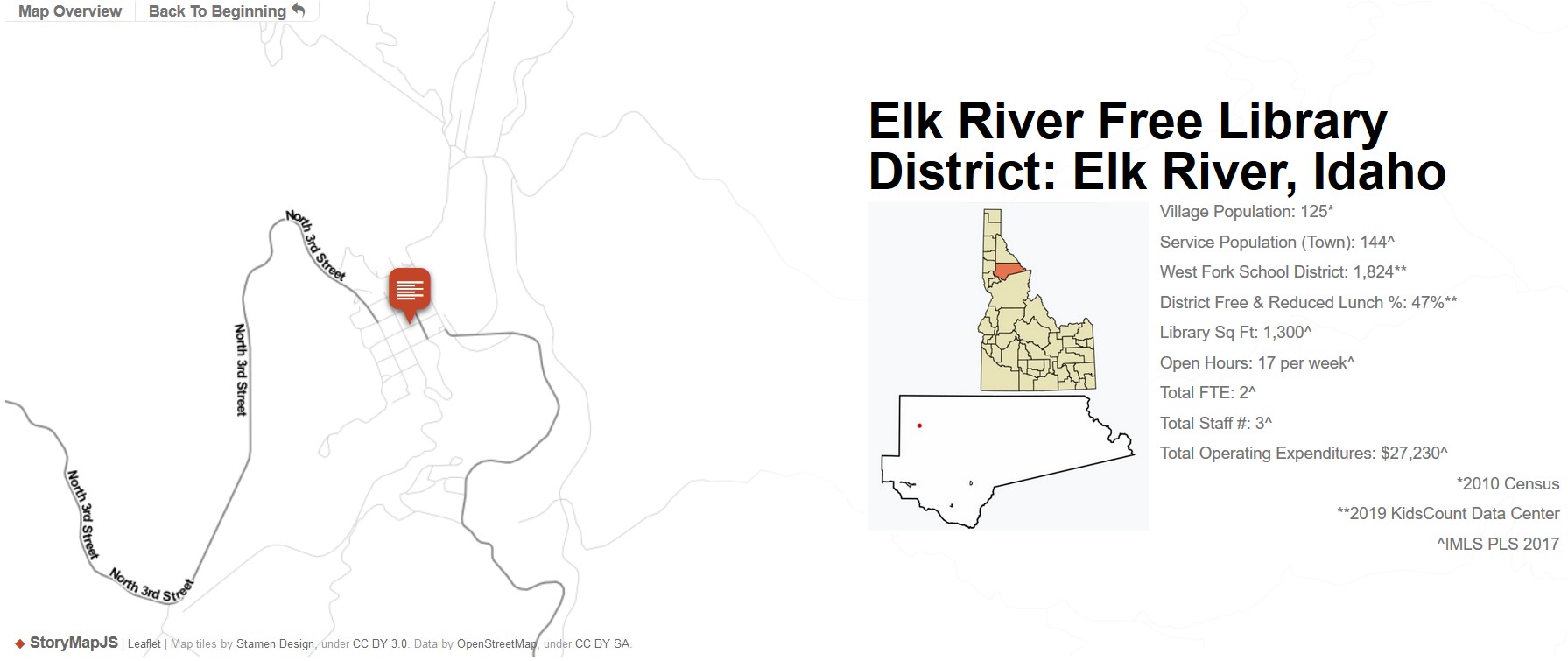
Pathways of Mutualism toward Health & Security
Some rural sociologists call what happens in tight knit rural communities “handshake economies”, and other borrow from ecology with “dynamic reciprocity”. What ever it is, certain small towns have built a long standing culture of mutual aid which is obvious to visitors and generational residents alike. Having a strong culture of mutualism in an isolated community can be the difference between a quickly extinguished chimney fire or the complete loss of one’s home. Or the difference between being cared for in mourning or being both alone and cash-strapped by the funeral expenses. In more than half of the communities we visited we saw and heard evidence of a strong local culture of mutual aid, as indicated by markers like widows aging in the town with confidence even though access to amenities lie health care services seem ever more crucial; and stories of recovery after personal disaster by a wide range of locals.
How Mutualism & Health is evidenced in Elk River
Situated within Clearwater County, Elk River is in the middle of the narrow northern stretch of Idaho, wedged between Washington and Montana, running all the way to the Alberta, Canada border. The village itself feels wedged into the mountains, settled in the bowl between buttes, and ridges, circled with mixed pine-cedar forests. When snow or rain falls, as it often does, this geographically isolated valley feels completely unto itself, apart from the rest of the world.
Emerging from the twenty recorded interviews and additional five unrecorded community member conversations is the story of a community which holds a shared identity valuing mutual aid, independence, freedom, and connection to the natural world. This remote location may be separate from the world, but the people who live in it are deeply connected through one to one social networks. In this environment, everyone interviewed feels safe because although their location increases risk to personal safety from environmental hazards, they feel seen and supported by every other person in their community.
Elk River Free Library District was founded in 1991 to support tight bonds between neighbors when school consolidation meant an absence of community anchor and educational support organization. Since its inception it has continued to play this role – filling local needs when other agencies or institutions were no longer able. The library serves as the jail until county law enforcement can get to the remote community. The library director’s office is the only cell in the building and the “adult” public access computers have a sign reading “Sheriff’s Office” above it. While it isn’t needed often, during Elk River’s large festival weekends and large events, the library is required to serve this very different role.
It also provides Elk River Internet, a library owned internet service provider (ISP) for the village of Elk River through a wireless repeater system. The importance of this service to the community can’t be overstated. Each person interviewed discussed how important it is to their lives in Elk River. It isn’t what a library normally does, but this town needed it and here the public library does what is needed.
Elk River at its population height was driven by mobile labor communities that expanded and contracted with the seasons. And the support services within the community were driven by the population of migrant loggers who occupied the river flats in tent camps. As lifelong resident Robert Smith shared with me, “It used to be a lot of loggers come in they’d had a big camp out here on between here and the Clearwater River and there was probably 100 or 150 loggers out there camp and they’d come in on Wednesday night and party and then they’d come in on the weekends and spend a lot of money all the time and so it made a big difference.”
Although the old airstrip continues to be a popular location for private aircraft owners and clients, the valley doesn’t see any economic gains from fly-in tourism. It does however have a robust ATV (“side-by-side”) riding tourist community, “weekender” population which is devotedly in Elk River nearly every weekend of the year, and social tourist groups by season. These include summer people who enjoy hiking, lakes, and festivals, as well as big game hunters seen throughout the winter.
Three part-time residents were interviewed via the phone during the field visit. Every one of them said that their family had a multi-year plan to be able to live in Elk River. “If there were jobs there or within a decent driving distance for what we do we would probably already be living there.”
These diverse groups of part-time residents have deep impacts on the economy of Elk River, as well as its culture. Events, which all community members we spoke to love, are seen as an economic driver, community gatherer, and performance for weekend and seasonal residents. “[I]t’s the only thing anymore that keeps the small communities going because if you don’t have events or things for people to come and see and do the small amount of people that we have living here you know wouldn’t sustain the town.” Many full year residents embrace the dollars and the energy of part-timers as bringing “new blood” to “rejuvenate” the community. Others talk about the shock of the full-time newcomer when “that remote sleepy place that you fell in love with, now on the weekend has 3,000 people here and it ruined it for them.”
A large feature of that feeling of family is the reality that many year round people in Elk River are related by marriage or by blood. If one is not from Idaho or in the big game hunting scene, it’s unlikely that you would ever hear of Elk River. And if it is the events and the hunting that brought you in, it continues to be unlikely that you would see it as home. Especially given the doldrums of late winter, early spring when the slush and cloud cover is endless and even the most steadfast outdoors person begins to show signs of cabin fever. As one community member put it, “you find out what you’re made of.”
If you did marry into Elk River, there is a strong likelihood that you’ll stay, even if your spouse passes away. The networks of mutual aid that a person develops over time living in the valley mean that even without that connection remaining, the social fabric is strong enough to keep one in town. Although the community is geographically isolated, living within the community is a very connected social experience.
And if you are from this part of the world, seeing the mountains daily will matter to your soul. As former library board member Christina put it, living away from the mountains felt weird, like there was something missing. And when she was able to return, she felt relief and a deep sense of comfort. And if you are not of this place but fall in love with someone who is, it would be unconscionable to pull them from it.
The people who live here year round, although they are far from services and have an anomalously depressed economic wellbeing indicators, have longevity rates in step with the state median. Even given all the risks associated with back country living (one community member shared her view that even living in Elk River should be considered a high risk behavior), many people interviewed exuded health. Their deep connection with place, daily experience of nature in all seasons, wild food eating, and game hunting and preparation is central to their lifestyle. They describe it as independence while lauding all their social connections and systems of mutual aid. It appears to the research team to be a vibrant and dynamic interdependence.
The field interviewer began asking community members what they would bring into Elk River if they could add one service to their community. The overwhelming majority of answers were medical services. For those who had resided in town for more than a decade, they would describe the visiting nurse program which had been run out of Gritman Medical Center in Moscow (50 miles away) and how they wanted the service to return. Others, especially without any recollection of the visiting nurses, described an expansion of the training of the local volunteer EMT corps to allow them to make basic diagnostic recommendations.
Many residents who were over 70 acknowledged a future where they would be forced to move away for medical reasons. That if they required any sort of regular treatment they would have to move to the “city”. They grimly shared about the long term care insurance packages they had purchased, hoping that their independence would last until their last day.
The most heartbreaking of these stories was from a woman who consented to an interview but arrived with her intellectually disconnected husband. In the early 1980’s he was a logger and she owned a thriving pottery studio and business. She taught classes to the tourists and other logging wives. She sold her works in Spokane and Boise. One day in 1984 he was crushed by a falling log, she took him to a hospital in Lewiston, Idaho and never returned as a permanent resident to Elk River. He needed three day a week physical therapy for a full year and then weekly therapy for years more.
When she was interviewed, her husband had also suffered a stroke and was no longer able to live without daily medical attention. Still, she would bring him with her to Elk River as early in the year as she could while still feeling secure that the weather would be clear enough to get him medical attention and she’d push her leaving as late as she could. An hour after she spoke, I walked outside of the library to the sound of the local volunteer fire truck and the whine of several ATVs heading fast across town toward the fire. She had left the library to take her husband home, stoked the fire because it had already begun to snow (October 6th), and her home had caught on fire. In her 80’s, and again under duress, she took her husband out of Elk River.
The distance from emergency, as well as standard, medical services requires a unique approach to insurance overall. Everyone I interviewed carried Life Flight Insurance for helicopter ambulance service. Some even purchased it for family when the family member visited, even though they had to buy a whole year to cover a brief one or two week trip. It’s simply seen as the only practical or sensible thing to do given the daily routine of most residents of all ages (solo or duo backcountry hiking and 4 wheeler trekking). And the cost of a ride in the helicopter ambulance (the only kind of ambulance which serves Elk River) is over $7,000.
knit Elk River social fabric: “It made me feel a part of the community.”
There is a significant cross-over between members of the library board and Syringa Club volunteers. The Syringa Club is the primary service organization in Elk River, coordinating and focusing efforts, which touch every dimension of wellbeing. They are the stop gap of misery and the gatherer of joy. In just the past year they purchased heating oil for older residents who were unable to budget for the harshness of winter and they handled the reception coordination and food for community member funerals. Annually they produce a print community wall calendar with all of the year’s regularly scheduled events, in addition to resident birthdays, anniversaries, and memorials (at a small fee – $5 for 3 personal events), and hosts a Christmas Eve celebration in which Santa brings a gift for every single resident in town to take home with them.
With support from the Syringa Club, the City Hall has broadened its services to children in Elk River. The lower half of the building is temperature controlled throughout the year for children waiting for school bus pick-up. Twice a week the kids waiting are also fed snack style hot breakfasts to keep them warm for the hour long commute to the nearest public school. City Hall is located on the same slope as the old school. City Hall is a recent faux-log cabin construction. Smaller, more nimble, and more at home in Elk River than the Victorian-style abandoned school house, City Hall is in constant use for a variety of functions.
This large civic space is also where the once a month area Food Bank distributes and community-wide potlucks are held in all seasons. Referred to Wild Game Feeds because “we all live off a wild game up here. They bring a dish made with wild game or side and it didn’t have to be wild game.” The term “feed” has become a replacement for “dish to pass” or “potluck” throughout the town. Every Monday night during football season Tom’s Tavern hosts a “Football Feed” (along with any other night the Seahawks are playing).
Kami Nelson-Nibler, the owner of Tom’s Tavern, has positioned her bar as the primary commercial support of Elk River’s community efforts. In addition to being the place for adults to gather for coffee in the morning or hosted “feeds” in the evenings, it is the principal fundraiser in town. While she divides the proceeds of most of her charitable work between the Food Bank, Elk River Free Library District, Elk River Historical Society Museum, and the Syringa Club, over the previous year, she had been particularly focused on a capital project. Their uniqueness as a fundraising entity is told clearly in the story of how they kicked off funding for a new building to house the Elk River Volunteer Fire Department, when Kami and her bartender asked a long-haired customer:
“They said ‘What would you be willing to do to shave that?’. He said auction it off, they could give the money to the fire department. That’s how it started.”
At the time of this field interview, the sum of Kami’s 2019 efforts, through a Duck Race, a field day, and continuous word of mouth fundraising, was over $70,000. Enough to build the building with the additional in-kind labor volunteered by community members. And community members recognize the additional material benefits of having the Fire Department in town – not only can they save lives, they keep property insurance premiums at bay. In a community with a median household income estimate of under $28,000 these small savings are the difference between staying in Elk River and being forced to move.
Events like Elk River Days, 4th of July, and New Year’s Paper Lantern flight are hosted and coordinated by these local organizations, but not with only year round resident labor. “Weekenders” and other seasonal residents are encouraged and invited to contribute to events. Rather than events being something organized and produced solely for the consumption of visitors.
The Elk River Historical Society Museum, located within City Hall keeps the history of the community. While I had a sense from the Museum treasurer that visitors are heavy in the summer, only one other resident mentioned its existence during a conversation about old photos of the town. Currently, the Museum board is trying to raise their profile to help people using Ancestry at the library know they can do a records follow up in their print archives, and to post interesting local stories on their Facebook page to “show them what the history of the town was.” The library did receive records and other historical materials when the school shut down but has been working with the Historical Society to ensure books that should circulate exist in the public library and records and microforms that should be preserved are held at the museum.
Organizations with a high level of social accountability are rewarded with passionate support: “And when they see that you ain’t talking crap and you really put your money where your mouth is they’re going to stand behind you. Three hundred and ten percent.” “And unless you’re a real twerp Yeah we’ll go with that word. People are willing to help.” This community culture influences how they interact and support the library, leading Tonya to say that as a director she “can not ask for better support with our community members.”
The weave of these community organizations, informal networks of mutual aid within a natural environment of extreme beauty and severe isolation make up the unique sense of place in Elk River. Natural resources themselves have not changed within the lifetime of residents. Access has changed with the conversion of some logging roads to ATV or recreational vehicle trails. With that conversion, residents and visitors can access over a hundred miles of locations by off-road vehicle – swimming holes, forest walks, and stunning views.
“You’re treated like family and you act like family. It’s the warm feeling and my grandchildren like they said when we leave they don’t wanna leave. Can we live here can we live here for all year?” In a town where people still wave at neighbors and strangers alike, there is a general sense that every person is known to every other person.
Many residents mention that while they themselves love Elk River for its unique combination of natural beauty and social culture, people expressed belief that the feeling of being known is the general purview of small towns. “Sometimes I think people in the big cities get lost in the flow. Whereas you can’t get lost in this town. And like I said when I was growing up here you know there’s everybody knows everybody’s business. That’s one of the drawbacks. But still you know you you have a lot of support to when you need it.”
This support is part of the deep weave of mutual aid and the expectation of contribution that comes with living here. Just as one young life-long resident expressed that he loved helping his elders with snow shovelling and chopping wood, even weekenders experience the benefits of caring neighbors. When describing their connection to this remote valley, it was the neighbor shovelling your walk when they know you’re coming into town, or wondering about you when you are away longer than expected.
Many year round residents have a set daily routine which allows for strong social bonds to form – people expect others to be in their place at specific hours. This might increase the perception of unscheduled laid back time because the scheduling is so routine as to be invisible. One retired resident offered that she feels like she is “on vacation in this community all the time.”There are a great many services residents of Elk River accept limited access to, including clothing and fresh, inexpensive groceries. People know that there are skilled plumbers, mechanics, electricians, and veterinarians long-since retired who they can call in a pinch, but feel the need for practicing tradespeople in town. There is a general desire for those services to return to Elk River but a solid acknowledgment that those and more luxury entertainment services (movie theaters) are just not viable for communities of their size.
Not discussed in terms of economic development is the consequence of distance from medical care, although individuals talk regularly about a future when they will no longer be able to live in Elk River because of medical needs. All in all, the economic costs of isolation are seen by residents as part of the rhythm and design of life. It’s all in the way one structures their day, and month around getting city things handled, so that they can return home.
Like those community residents who piece together work which allows them to live in the valley they love, long-time business owners maintain a similar approach. And although they aren’t able to employ large groups of people they begin and maintain businesses in Elk River so that they can contribute to community life. One business owner noted, this is no place to make money. One owns a business just so they have a way of living here, and because the community needs the business. Connie McCartney, who owned the Elk River general store for nearly two decades, whose partnership allowed Elk River Internet to be successful, explained her entrepreneurial motivation in a way that resonated with other community business owners:
“Just because it is kind of a step back in time and that’s what we’d been used to doing and so we step back in the time we took that extra effort of someone came in and needed a bolt like this. Well of course it’s general store but go out in the shop and dig through the bucket of bolts and find him something. And then next time they would come they’d bring us more bolts to put in our bucket in case someone else needed one. And so it was always. . . We enjoyed that kind of old timey-ness of it and that’s kind of in essence even though we are getting modernized now all the businesses. And the library and everywhere keep that old time. Tiny thing of you know helping people along taking the extra step.”
Business owners also shared that not all newcomers realize the responsibility they are taking on when buying a business in their isolated mountain community. The commitment to community wellbeing over an expectation of profit is something many new business owners simply don’t understand until they spend a full year in Elk River. And then they swiftly pack up and leave.“The natural beauty the naturalness you know and again that’s something that we’ve lost in this country. You know everything is commercialized. It’s natural we have the Elk Creek Falls, we have the giant cedar tree, we have open trails you can go huckleberry picking, you can go do free things with your family. You can go on a walk, you can go on a hike, you can go explore nature, you can see the wildlife. The natural beauty of the area is what just sucked me right in. Sucked me right in.”
Elk River was commonly defined by interviewees in terms of its distance from services and conveniences – in both negative and positive lights. There is a suite of services that require Elk River to have uncommonly high travel or commute time for. This isolation is one of the driving features that create its greater than 75% seasonal occupancy rate.
Although geographic isolation constrains year round population growth and occupancy, those that live year round in Elk River and run year round organizations, have a deep understanding of dynamic reciprocity at all levels of community life. And further, that the safety and comfort those strong bonds generates, also generates a feeling of freedom. It is a freedom sprouting from physical security, but also emotional security. People feel secure that they can be who they are and there will be no reprisal for their expression of self. Having family in town is what draws many people, but also what keeps them – it is a safety in knowing others which allows a full freedom of activity and comfort in town and in the surrounding woods.
Lawren’s quote typifies how community members described the way in which Elk River provided them with their ideal day: “I’m out in the woods. I’m out in the trees somewhere. I may be out walking through the hills looking for mushrooms or just watching the birds or the game or whatever. The clean air, the mountains, you know, the trees. The beauty is unreal of the stars at night.”
Library as Facilitator of Mutualism, Health, and Security
The Elk River Free Library District is the internet service provider (ISP) for the village. In making internet access an affordable option for residents and visitors alike, the library has become a major economic developer. Even Elk River Internet, the library managed and owned ISP, has experienced its own arc of development. Created to make access affordable for a community of older adults, predominantly on fixed incomes, in early 2019 the ISP went through a restructuring that meant an increase in cost from $10 per month for seniors into general market rates ($30/$40/$70 per month contracts depending on speed).
Funded by Clearwater County, which in turn is funded by property taxes, Elk River Free Library District serves a tax and regulation shy community. Most local initiatives, from the new fire department building to library programming costs, are funded solely by cash and in-kind donations. Additionally, Elk River as a community is on a scenic byway which has received in-kind support from economic development initiative through the University of Idaho and others.
Elk River Free Library District is also an employer. As an employer, it offers staff a kind of satisfaction in contribution they would be challenged to find elsewhere. They express an emotional wellness that they’ve only experienced in their work for the public library.
Engagement in the Elk River community spans the breadth of Lifelong Learning & Cultural Engagement. Although the year-round population is small, the culture of community is strong enough to create affinity in even one time visitor. The mix of intentional social connection building through events, the library’s specific roles in providing a place of peace for adults and discovery for children, and the need to be seen and feel known is woven throughout all conversations with community members.
The library is seen as part of the network of community support structures, not a separate thing. Being enmeshed in that network is displayed through library policies, even including what identification someone needs to have to get a library card or check something out, and providing free internet service for families experiencing loss, as well as through programmatic services, including offering free fax service, coordinating a school supply drive and offering continuous holiday and themed events for families. Individuals also note that as newcomers it was involvement in the library that gave them a foothold in community life and provided them a pathway to belonging to the tight
Within this woven context of dynamic reciprocity between full and part-time residents, institutions, organizations, and the natural environment, the library provides the organizing center which gathers and connects resources and experiences to those seeking them out. The library is approachable and welcoming and directors and staff all work to meet people where they are with individual attention and care. One interviewee spoke gratefully about how they just take her and her grandkids to the books they’re looking for and that this helpfulness has encouraged her grandkids to ask for help independently.
The refrain, when speaking specifically about Rich and Tonya or when speaking generally about library services: “it’s not so much the Internet it’s the people” and “not necessarily the books but the people”. The library has a role that stretches beyond information access, especially when it involves children: “Well I’ve been in here. When. The the kids little kids grade school kids have come in and to just to see the wonder and have them sit and be guided and learn also from the librarian because these couple of the little boys or. I’m sure a little bit hyperactive and so you know they want to touch you. And this and that and so can teach them some manners. And respect you know all of that.”
When asked which population segment in town would be the most negatively impacted if the library were to close, while many people said “everyone”, nearly everyone started with Elk River’s youth. Much of the credit for the library’s wildly popular youth program goes to co-director Rich Styre. The programs are continuous throughout the year, from game nights to holiday celebrations. The year-round youth feel the library is purpose built for them – “the kids feel like they belong here”, it’s a “safe zone” and “comfortable”. During the field visit, the window between bus drop-off and closing time was filled with town kids, all seeking library staff attention. Though not actually working, Rich would come in for that hour just to maintain well wishes with the kids, play a board game, help them use the computer, make them feel at home.
Older adults and full year residents focused heavily on their deep and abiding affinity for the printed word. While community members of all ages supported programming for youth, they all described a personal connection with books and many also had a social connection to newspapers. Having books meant a relief from stress for some, a way to serve the homebound and escape the isolation of winter. “It’s kind of like food for me.” Within the context of this self-described “avid” community of readers, additional support for targeted reading materials for aging communities would be helpful.
Finally, in Elk River, only the library has regular daily hours with all ages access. While Tom’s Tavern does a great deal for the community, only residents over 21 years of age are allowed inside. As one resident put it: “It’s a place everybody can feel welcome because like you know some people don’t like to be around bars or smoking or stuff like that so this is very neutral or somebody might be mad because the owner said something somewhere else was that doesn’t happen here.” It’s a hub. “Everybody comes here.” It’s part of many residents’ daily routine. A place of bonding and belonging. Regardless of season or community weather, the library is always open and inviting.
Directors as Path Builders
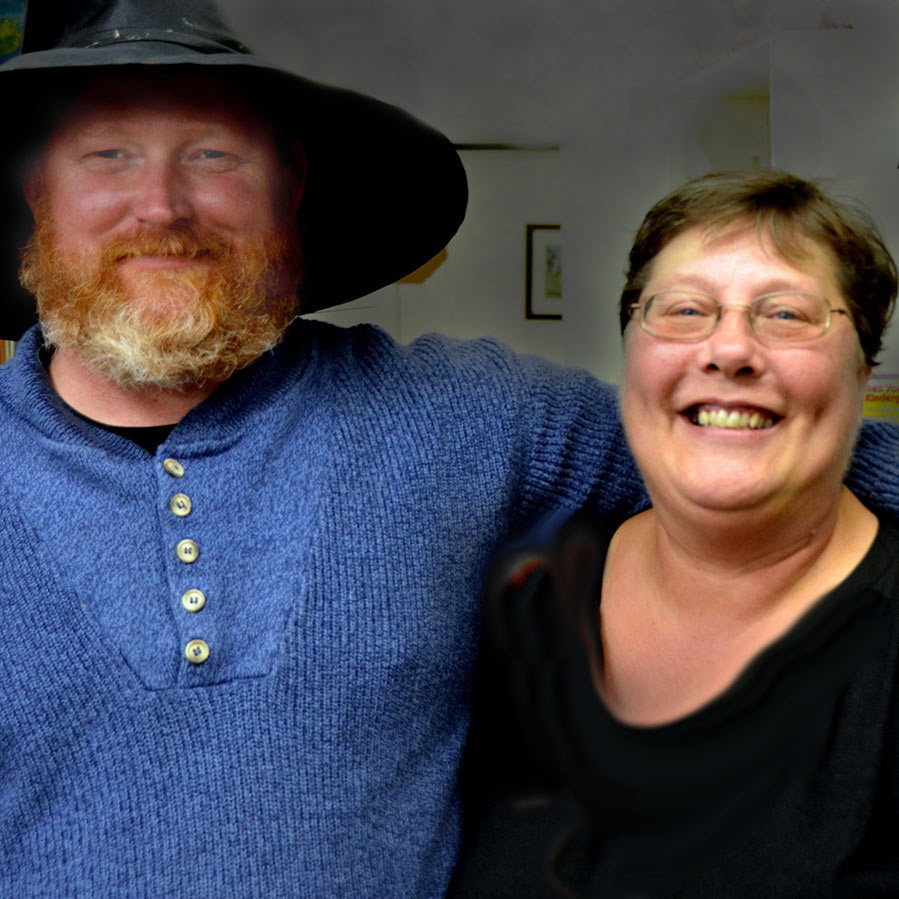
The labor of Rich Styre & Tonya Delphous inextricably linked to community economic development.
Each person in Elk River Free Library District’s co-director team focuses on distinct aspects of library service. Rich Styre is almost exclusively the Internet person, while also leading the library’s youth programming. Tonya Delphous is the library’s administrator and planning lead and focuses on the relationships the library makes with other organizations within and outside of Elk River. The Internet provides the necessary infrastructure for economic stabilization, if not growth in town and Rich’s approach to that work is 24/7. “he is Johnny on the spot.”
Tonya similarly sees her labor as deep contribution to the place she loves – her salary is just what allows her to do it. Like many people in Elk River she has multiple jobs because no one organization can afford to pay a family wage. Rather than each of those spheres of work detracting from another, she networks them all together – she is always the library director, using contacts from her other roles to pull resources to the library.
The Association of Rural and Small Libraries offered critical professional development support “made it a point to education myself.” (transcript, #8-3-13) Facebook groups, Idaho Commission for Libraries. Networks with and learns from directors of other small libraries in her region. Feels especially well supported by Robin at the Commission for Libraries Tonya has a very personal medical battle she is facing. When her friend, Amy, lost her husband to an injury in the woods, Tonya and Amy bonded over the library. Amy has become Tonya’s medical substitute, and in so doing reconnected with community life in a way she didn’t think was possible after her loss.
“I try to help out with what I can help out with.” Really connects with how the library can be a positive influence in the lives of local children. If he were to go back to school, he would focus on secondary education. (private conversation with Rich Styre) Describes in very heartfelt terms how he believes the library, in showing him how he could contribute to the lives of children, gave him a new life – one filled with satisfaction and gratitude. “I wouldn’t be the person I am today without the library I wouldn’t. It’s changed my life quite a bit to be honest with you.” (transcript, #8-3-01)
Community members have strong affinity for Rich and Tonya and the work that they do. Descriptions of Rich generally revolve around his 24/7 commitment to ISP functionality and the youth services program he operates. It was not uncommon for an interviewee’s final words to be something like this quote: “Only that our library is what it is because of Rich and Tonya.” (transcript, #8-3-08)
Praises for Tonya revolve around her administrative savvy, fundraising capabilities, and partnership building strengths. Across the interviews with community members, their descriptions of the co-directors’ strength tracked closely to their self-assessments. As the new board president of Elk River Free Library District said about Tonya: “She has improved it. She started different things going to get the people to come in and she said she’s just that way. She did it in her other job too. She said her mind never shuts off.” (transcript #8-3-08)
Conclusion
We observe a style of dynamic reciprocity (deep running channels of mutual aid, support, identity, contribution, and belonging) that is unique to Elk River, Abiquiu (NM), and Helvetia (WV) all of which are low population mountain communities, wherein community identity is part and parcel with reciprocity. All conversations showed the high value individuals and groups placed on individual contributions to the group, business support for the non-profit community, service organization support for businesses – all of these connections of support are expected of newcomers. Further, newcomers quickly intuit that contributing to this network of support means that they quickly become a part of the social fabric. This weave of this social fabric is strong and supportive enough in Elk River to provide a kind of community self-insurance, improving resident perceptions of physical security and overall health.
Related Resources
Pathways of Lifelong Learning toward Self-determination: New Mexico Case-Study
Pathways of Contribution Toward Belonging: West Virginia Case-Study
Self-Determination tool: Youth Empowerment
Health & Mutualism tool: Safe & Secure in Your community
Mutualism tool: Community Support Assessment
Awareness tool: Engaging with the Community on Wellbeing
Co-director bios & contact information: Tonya Delphous & Richard Styre
Listen to or read the interviews: Site 8 on Open Science Framework
Historic Elk River: Ott Historical Photograph Collection
Elk River is home to an airstrip & enjoys many airbound guests:
